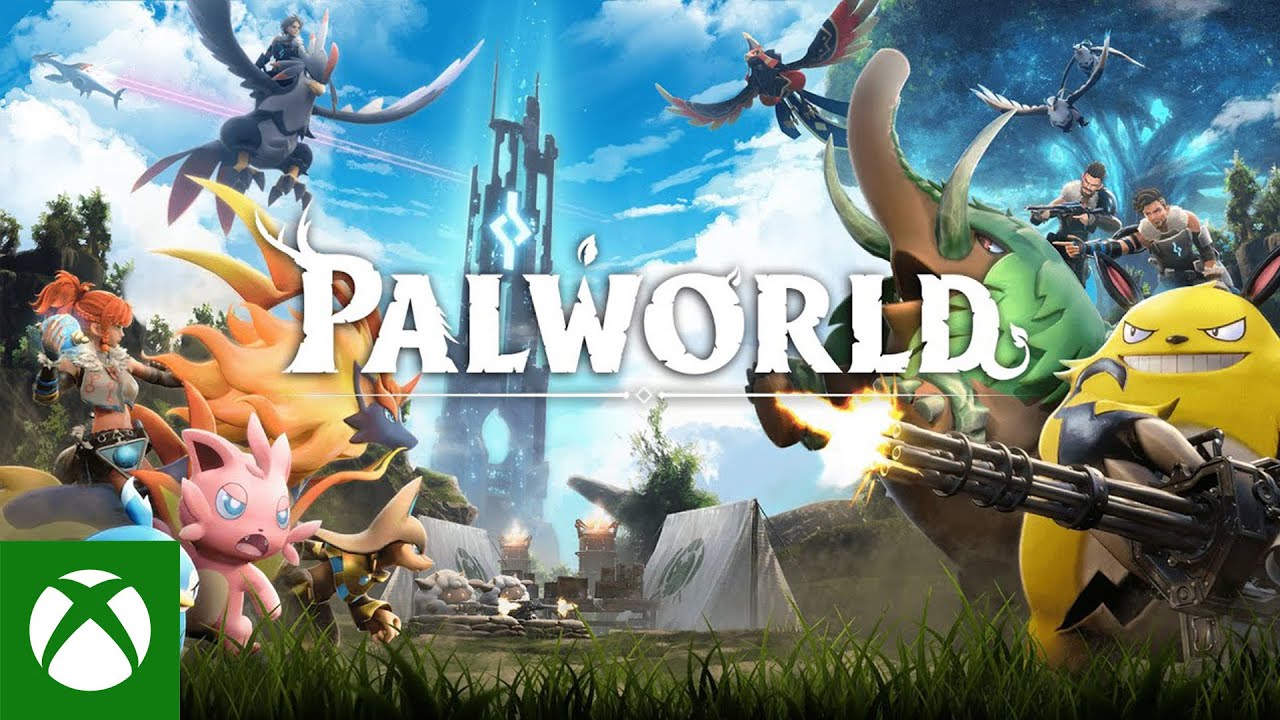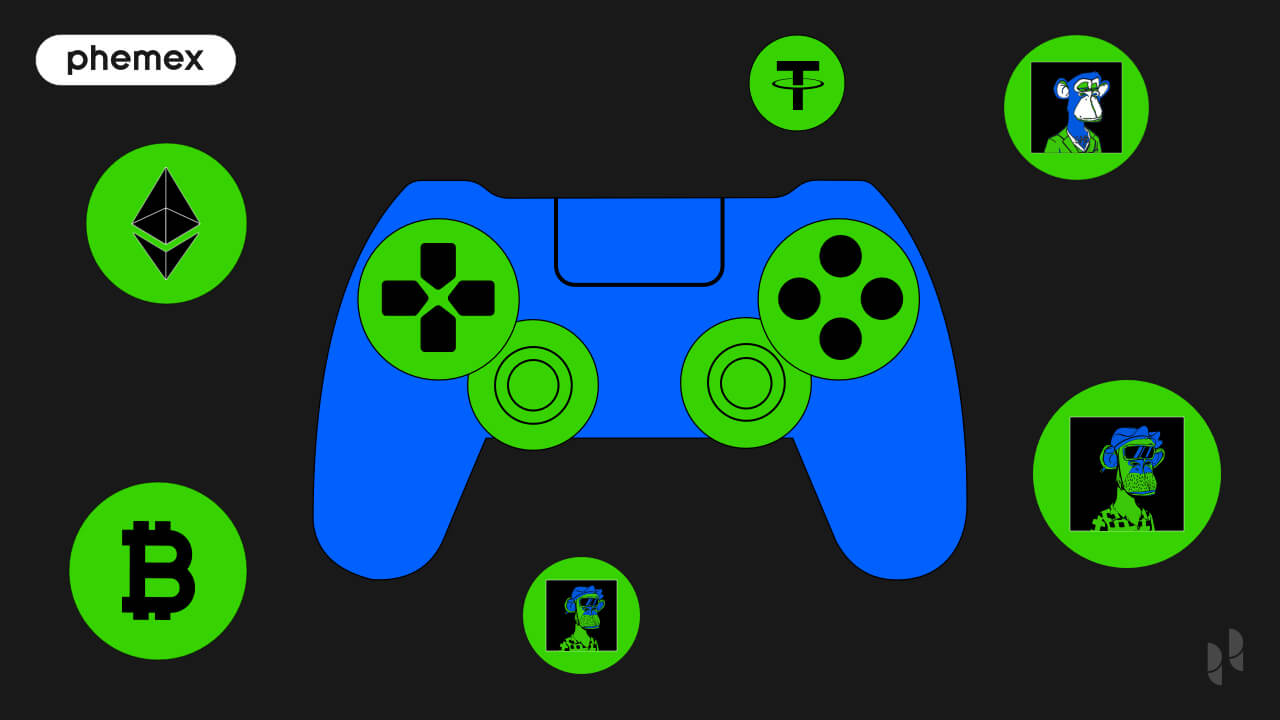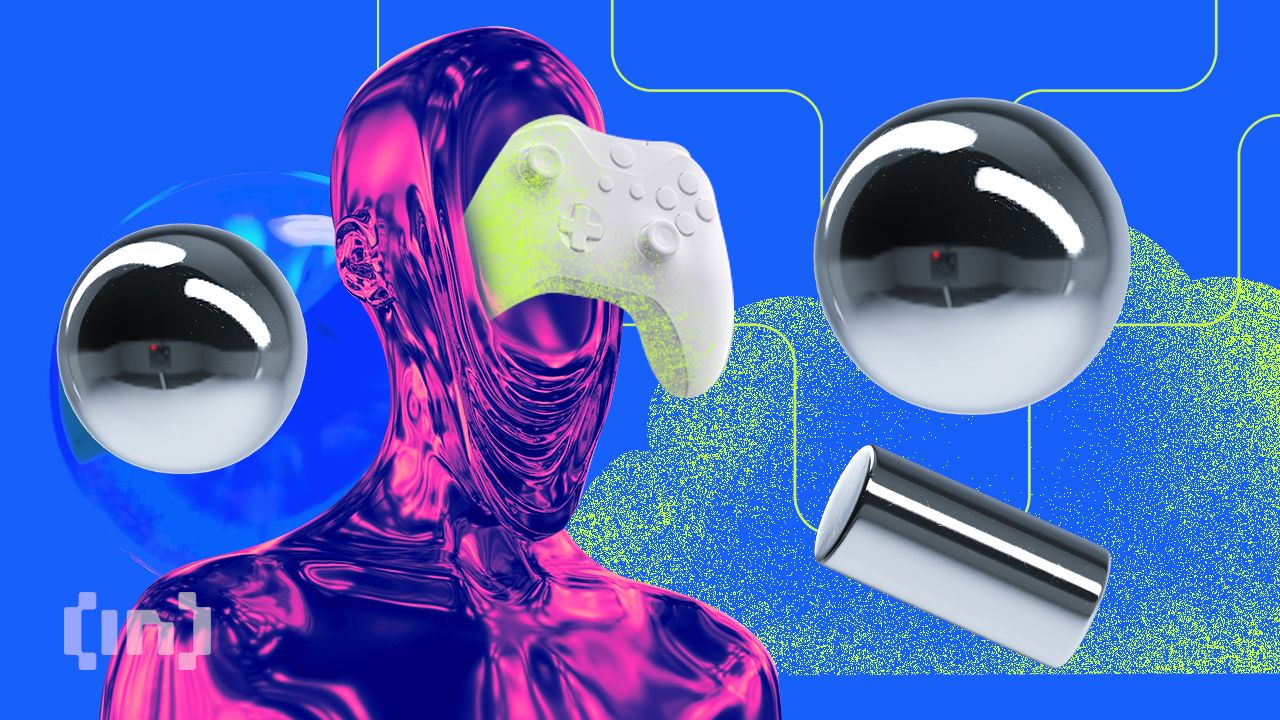Key Takeaways
- The Japan Patent Office rejected Nintendo’s patent for lacking innovation, citing similar existing games.
- The denied patent is one of three used in Nintendo’s ongoing lawsuit against Palworld developer Pocket Pair.
- This decision could indirectly weaken Nintendo’s broader legal claims in the high-profile case.
Japan Patent Office Denies Nintendo Patent Linked to Palworld
The Japan Patent Office (JPO) has denied one of Nintendo’s key patent claims, raising questions about the strength of its ongoing lawsuit against Pocket Pair, the creators of Palworld.
The rejected patent, application number 2024-031879, describes a system for capturing a field character using a capture item and later summoning them on screen to fight—a mechanic that mirrors some of the creature-capture gameplay familiar to Pokémon titles.
Filed as part of Nintendo’s broader effort to protect its intellectual property, this patent is one of three forming the foundation of the company’s legal case against Palworld. The other two, 2023-204842 and 2024-123560, remain active for now. Denial Due to “Lack of Inventive Step”
According to a report by Games Fray, the JPO rejected the claim on October 29, 2025, citing a lack of inventive step—meaning the idea wasn’t sufficiently original or technically innovative to warrant patent protection.
In its assessment, the Patent Office referenced several existing titles as “prior art”, including Ark: Survival Evolved, Monster Hunter 4, and Pocket Pair’s own Craftopia. Each of these games already features systems that allow players to capture or summon creatures in a similar way.
Essentially, the ruling suggests that Nintendo’s patent did not represent a new or distinct invention, but rather a variation of well-established gameplay mechanics.
Impact on the Nintendo v. Pocket Pair Case
While the decision does not directly affect the ongoing Nintendo v. Pocket Pair lawsuit, it has significant indirect implications.
By questioning the originality of one of Nintendo’s central patents, the ruling could weaken the credibility of the company’s other claims in court. Legal experts suggest that such a precedent might make it harder for Nintendo to argue that Palworld infringes on unique or proprietary mechanics.
Games Fray noted that Nintendo now faces two choices:
- Abandon the denied patent, or
- Amend the application with new or revised claims to persuade the examiner.
Given Nintendo’s history of aggressively defending its intellectual property, it is expected that the company will pursue the latter, seeking to refine and refile the application rather than withdraw it.
A Year-Long Legal Battle
Nintendo’s legal dispute with Pocket Pair began on September 18, 2024, when the gaming giant accused the Palworld developer of borrowing too heavily from Pokémon’s core mechanics.
The case drew widespread attention from both gaming fans and legal observers, as Palworld—dubbed by some as the “Pokémon with guns” game—became a breakout hit for its open-world survival gameplay and distinctive visual style.
Following the lawsuit, Palworld made notable adjustments to its gameplay, removing or reworking several features that appeared to echo Pokémon’s capture and battle systems. However, with the recent JPO decision, Pocket Pair’s position may be strengthened, at least indirectly, as the legitimacy of Nintendo’s supporting patents comes under greater scrutiny.
What’s Next for Nintendo
Despite the setback, Nintendo remains one of the most vigilant protectors of its creative assets in the industry. The company is likely to continue refining its intellectual property claims while appealing or modifying the denied patent.
Still, the decision highlights an important reality in modern game design: the boundaries of innovation are increasingly blurred. With so many games sharing similar mechanics, establishing exclusive ownership over gameplay systems has become a complex and contentious issue.
If Nintendo fails to convince the JPO in its next attempt, the legal foundation of its case against Palworld could weaken further, potentially forcing a reassessment of how far the company can extend its patent protection over gameplay ideas.
Conclusion
The Japan Patent Office’s rejection of Nintendo’s patent marks a notable twist in the ongoing legal saga between Nintendo and Pocket Pair. While not a direct blow to the lawsuit, it sends a clear message about the limits of patenting familiar gameplay mechanics in a rapidly evolving industry.
For Nintendo, it’s a challenge to prove that its innovations remain unique. For Palworld and developers like Pocket Pair, it may represent a subtle but significant victory in the broader debate over creativity, inspiration, and originality in gaming.
Disclaimer: The information in this article is for general purposes only and does not constitute financial advice. The author’s views are personal and may not reflect the views of GameDegen.com. Before making any investment decisions, you should always conduct your own research. GameDegen.com is not responsible for any financial losses.




